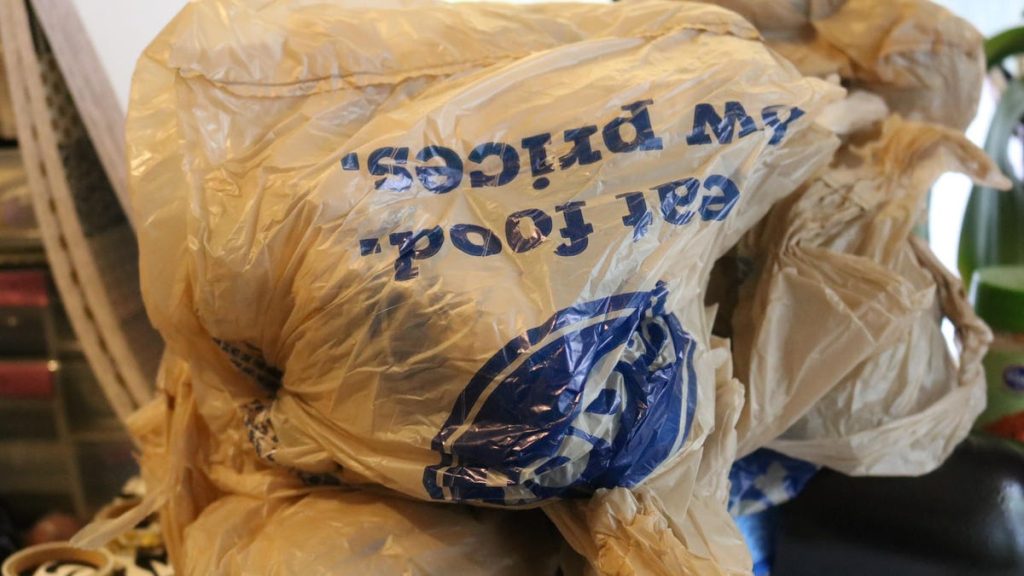Recycling plastic is an important part of helping the environment, but not all plastics can actually be recycled. It’s crucial to properly prepare plastics by rinsing out containers and removing labels to ensure that they can be recycled. Plastics that are not recycled end up in landfills, are incinerated, or find their way into the oceans, contributing to environmental issues such as carbon dioxide emissions and pollution. Understanding which plastics are acceptable for recycling and how to prepare them can help ensure that more plastics actually get recycled rather than being sent to the landfill.
Experts emphasize the importance of cleaning out food and liquids from plastic containers before recycling them to prevent contamination of other recyclable materials. Plastic bottles should be crushed and the lids removed before being recycled. Knowing which plastics are accepted for recycling is key, as not all plastics are recyclable. Local recycling companies can provide information on which plastics they accept, and plastic containers typically have numbers on the bottom that denote the type of plastic they are, indicating if they are recyclable.
Less than 10% of plastic is currently recycled, with the majority ending up in landfills or oceans. Properly recycling plastics and limiting the use of single-use plastics can help reduce plastic waste and its impact on the environment. Reusing plastic items and opting for reusable alternatives, such as glass or hard plastic bottles, can help minimize the amount of plastic waste generated. Avoiding plastic utensils, using reusable straws, and recycling plastic bags are also effective ways to reduce plastic waste and promote sustainability.
Taking steps to reduce plastic waste, such as using reusable bottles, straws, and utensils, can make a significant impact on the environment. By choosing reusable options, avoiding single-use plastics, and properly recycling plastics, individuals can help decrease the amount of plastic waste that ends up in landfills or oceans. It’s important to be mindful of the impact of plastic waste on the environment and to take action to reduce plastic consumption and promote sustainability. By making small changes in daily habits, such as using reusable items and properly recycling plastics, individuals can contribute to a healthier planet for future generations.


